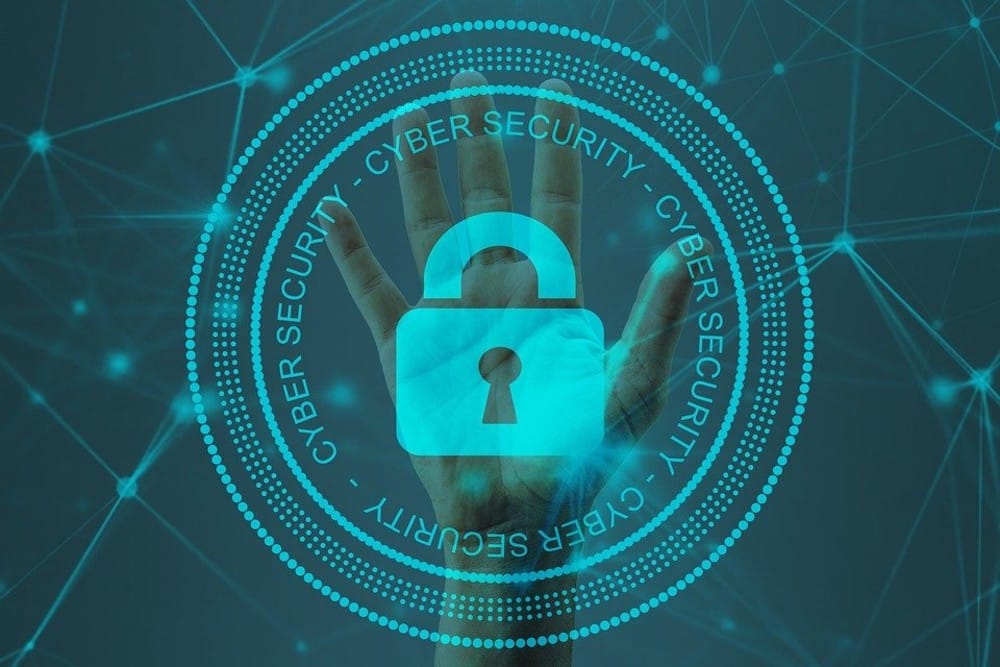Smart businesses are investing more in cybersecurity as cybercriminals continue to run rampant and posing data security threats to businesses, nonprofits, government and academic institutions.
It is no exaggeration that regardless of the size of the company, it can fall victim to cybercriminals.
Small and medium-sized businesses can no longer ignore the threat that cybercriminals pose. A report released by the U.S. Congressional Small Business Committee found that 71 percent of cyber-attacks targeted businesses with less than 100 employees. This a shift from what was previously the norm of attacking large institutions and extorting them money.
The past mindset of “not much to steal” is no longer applicable to businesses because cybercriminals see them as the easier target for their attacks. The shift to small and medium businesses by cybercriminals has been due to the realization that these businesses have lax cybersecurity compared to large institutions and are more likely to succeed.
However, even with limited resources and regardless of the size of your company, you should never compromise on your cybersecurity. Here are some best practices cybersecurity tips that can protect your business in 2021.
-
Using firewall
Firewalls help in monitoring and filtering incoming and outgoing network traffic of your business based on previously established security policies. Implementing a firewall in your business acts as the first line of defense that helps protect your data from getting accessed by cybercriminals.
At its most basic usage, a firewall is able to act as a barrier between your business’ private internal network and the public network, providing a layer of security that cybercriminals have to go through before accessing your company’s data.
Companies can choose to install both internal and external firewalls to provide additional protection for their data.
With the covid pandemic ranging, which has resulted in many companies implementing a work from home policy, it is important for employees to also install firewalls on their home networks to ensure that the company’s data is well protected from external bad actors.
-
Install anti-malware software
Malware attacks have become very common in the modern world, with weekly reports of businesses that have been compromised painting a gloomy picture of how risky cyberspace has become.
Just this month, reports indicate that a ransomware attack was launched against a Georgia-based pipeline company, resulting in a shutdown of a major US pipeline that runs from Texas to New Jersey and that transports 45 percent of the East Coast’s fuel supply.
This attack, combined with a 2016 Verizon data breach report that showed that 30 percent of employees opened phishing emails, shows just how important it is for businesses to have software that can protect them from malware attacks. -
Use multifactor authentication
Multifactor authentication is when you implement two or more layers of authentication factors to verify the identity of people trying to access a given system. An example is requiring people to log in to a system to provide a password and a code that is sent to their mobile device before they are logged in to a system.
Email/username and password combination may fall into the wrong hands resulting in unauthorized access attempts by cybercriminals. To prevent this access, having a multifactor authentication ensures that users are notified of each login attempt made. It also ensures that hackers and other cybercriminals cannot access the system without providing the code, hence creating an added layer of security. -
Backup your data
The rise of Ransomware has shown us just how important it is to have our data backed up in an external location such as in the cloud.
The reality is, every system is vulnerable and regardless of the security measures you implement as a business, you may still fall victim to cybercriminals. When this happens, you need to ensure that you can get back up quickly and that you can still be able to get your data again.
In cases where ransomware is used for attacks, it becomes very hard to recover your data from cyber criminals unless you had backup data. Therefore, ensure that you have your data backed up in a secure location at all times to avoid losing all your data in case you are attacked. -
Staff training
Sometimes the weakest link in a security system is the human resource. To ensure that your business is well protected, make sure that your employees are well trained in identifying security threats and dealing with them.
To create accountability, you should also consider having your employees sign a document stating that they have been informed of the cybersecurity policies and that they understand that action may be taken if these policies are not followed.
Cybersecurity can certainly feel overwhelming but know that you’re not alone. Partnering with an experienced website company can help protect you and provide the best experience for your users. Contact us today for a free cybersecurity consultation.


